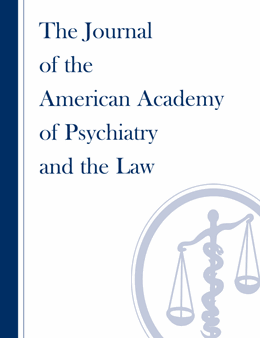- Joined
- Aug 2, 2013
- Messages
- 787
- Reaction score
- 693
Wondering if anyone has had an outpatient in psychiatry clinic with suspected factitious disorder consisting of feigned psychological symptoms.
I have a case that has been very challenging, and there are several elements of the overall presentation and histories that raise my concern for factitious disorder. However, it is impossible to prove concretely considering the possible feigned symptoms are almost purely psychological.
On the other hand, I wonder if my concern for factitious disorder is based on countertransference. Or the contrary--that still seeing the patient to no avail is rooted in countertransference. Or if it might seem like factitious disorder on the face of it but is outside of the patient's awareness and something else dynamically.
Has anyone else here suspected a psychiatry clinic patient of consciously feigning psychological symptoms for attention and treatment in the clinic setting?
I've put tremendous thought and effort into this case, which may have been a mistake.
I have a case that has been very challenging, and there are several elements of the overall presentation and histories that raise my concern for factitious disorder. However, it is impossible to prove concretely considering the possible feigned symptoms are almost purely psychological.
On the other hand, I wonder if my concern for factitious disorder is based on countertransference. Or the contrary--that still seeing the patient to no avail is rooted in countertransference. Or if it might seem like factitious disorder on the face of it but is outside of the patient's awareness and something else dynamically.
Has anyone else here suspected a psychiatry clinic patient of consciously feigning psychological symptoms for attention and treatment in the clinic setting?
I've put tremendous thought and effort into this case, which may have been a mistake.

